What to Expect When Your Expecting Pet Has Pregnancy Complications
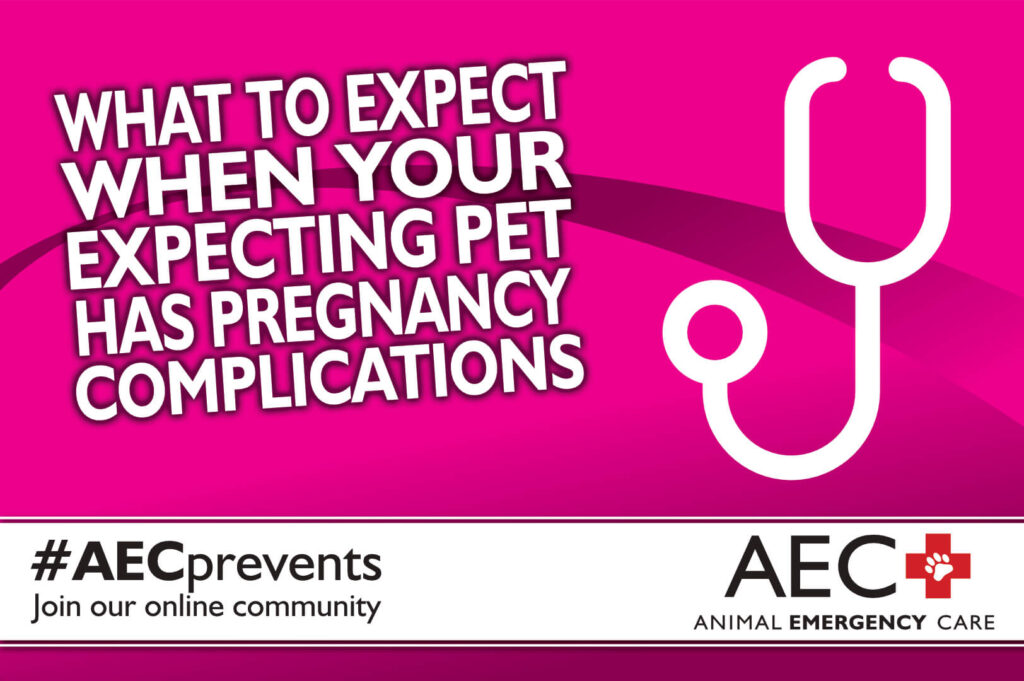
Welcoming a new litter of puppies or kittens into the world is an exciting time for pet owners. However, caring for an expecting mother dog or cat is a big responsibility and requires ample preparation to ensure you are ready to care for them in an unexpected emergency. Most pets, especially cats, have no problems during or after pregnancy. However, pregnancy complications can occur in any breed, and at any age. Our Animal Emergency Care team describes common pregnancy complications in pets and the signs that indicate they need immediate care.
Feline Leukemia Virus: Is Your Cat At Risk?
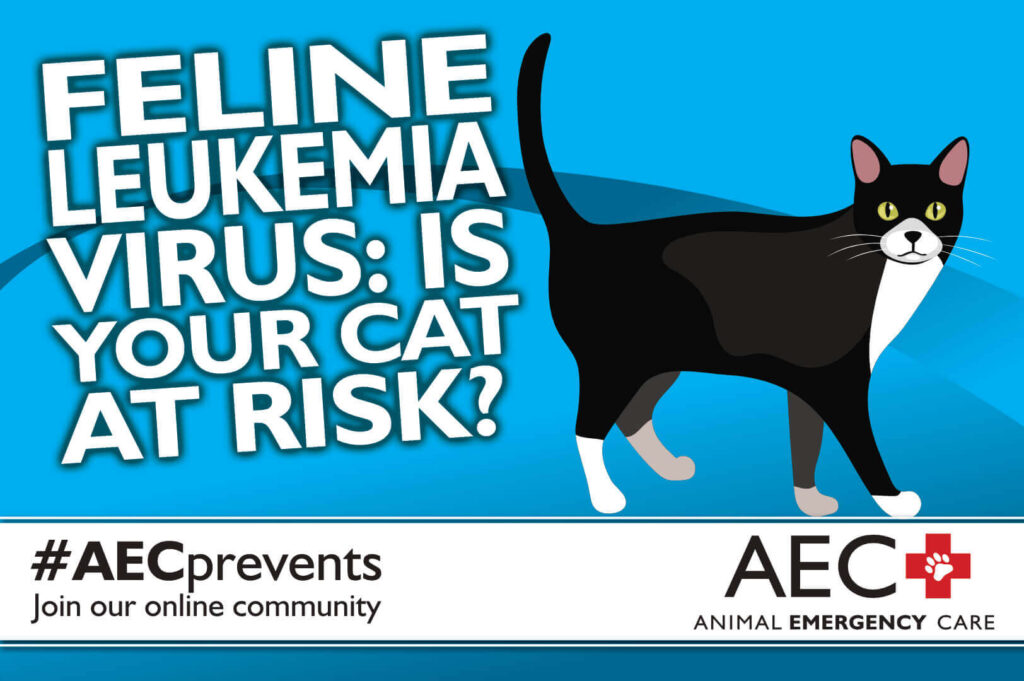
Your feline companion’s unique independent nature makes them special, and they may seem an easy responsibility compared with their canine counterparts. However, cats require cozy resting spots, toys, a clean litter box, good nutrition, and regular preventive care visits to ensure they remain healthy into their golden years. Kittens are especially at risk for viral and bacterial infections because their immune system is still developing. Feline leukemia virus (FeLV) is a leading cause of death among cats, and approximately 2% to 3% of all U.S. cats are affected. Our Animal Emergency Care team wants to ensure your pet is protected from this fatal virus, and we discuss signs, treatment, and prevention.
A Tick-Ing Time Bomb: Lyme Disease and Your Pet
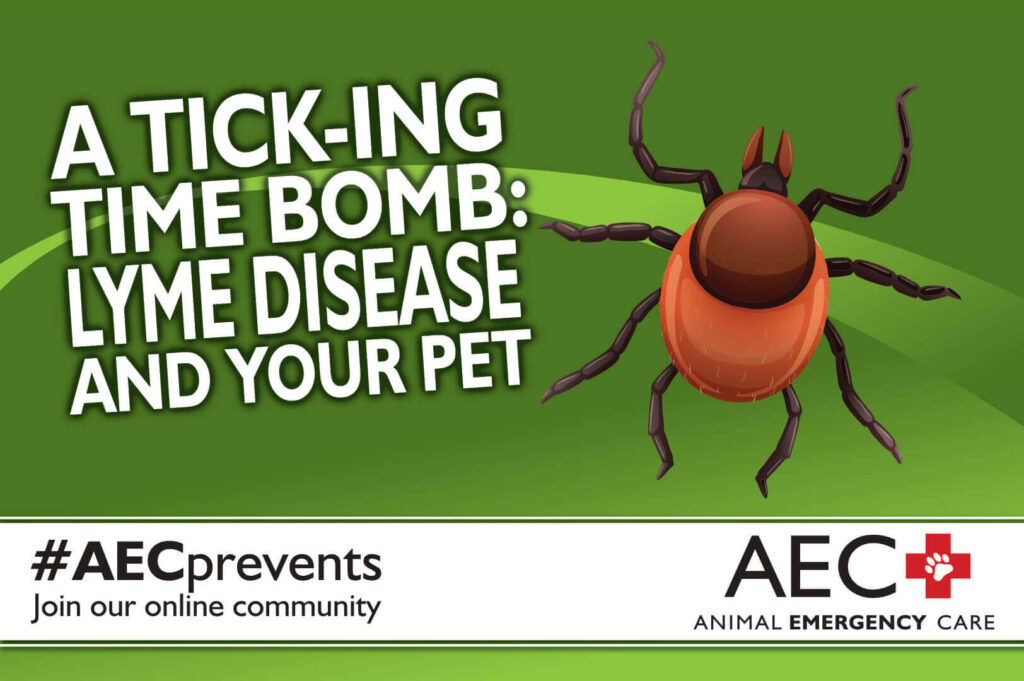
Many pet owners enjoy traveling or spending time outdoors with their four-legged companion during the warmer months. Outdoor adventures and hikes are great for bonding with your pet, and providing their daily exercise. Ensuring your pet is protected from the elements and dangerous infections that may be lurking in the great outdoors is critical. Lyme disease is a common illness present throughout the United States. Our Animal Emergency Care team wants to ensure you are able to recognize the signs, and that you know how to protect your pet from this potentially debilitating and painful disease.
From Lost to Found: Importance of Microchipping Your Pet

Losing a beloved pet may be one of a pet owner’s greatest fears. Our pets are family, and it can be devastating when they become sick or get into trouble. You likely have seen “Lost Dog”or “Lost Cat” signs during your daily walks with your four-legged companion. In fact, the American Humane Association estimates that approximately one out of three pets will go missing in their lifetime and 80% will never be reunited with their families. Lack of identification is the main reason most wayward pets will not be returned home. Our Animal Emergency Care team wants to ensure that your pets do not become a statistic. We answer common microchipping questions and discuss how to decrease the chances of your pet becoming lost.
Pet Owners’ Guide to Dog Bite Prevention
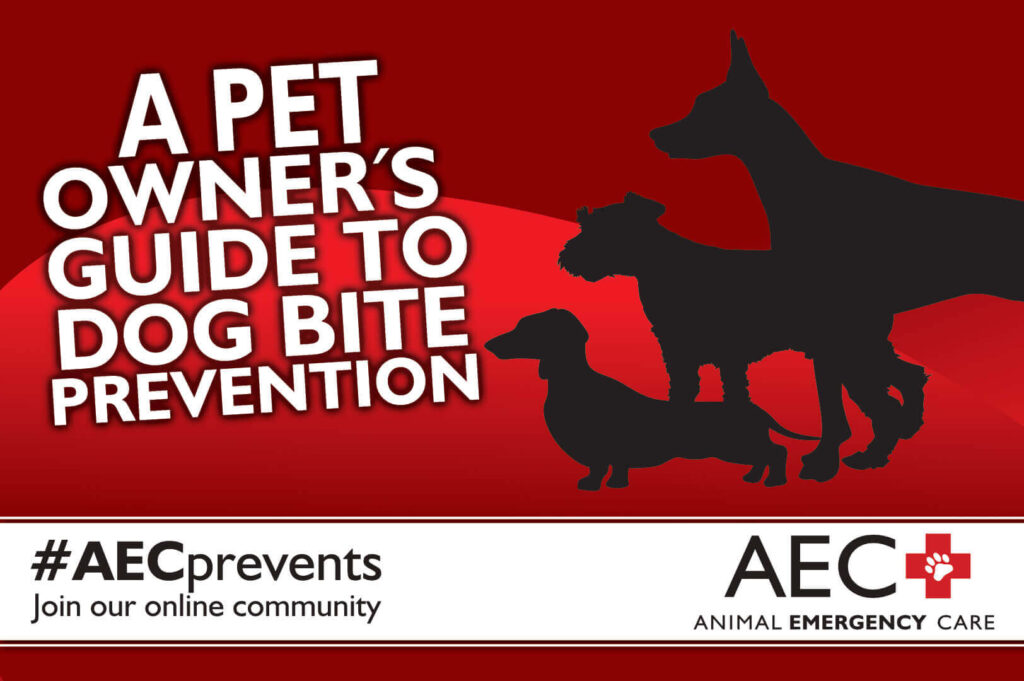
More than 38% of U.S. homes have at least one family dog. Caring for a canine friend is a rewarding responsibility that brings wet kisses, walks in the park, and cozy cuddles. However, dogs bite more than 4.5 million people each year and more than 800,000 people require medical care according to the Centers for Disease Control (CDC). Being a responsible pet owner is critical to ensure your family pet does not become a dog-bite statistic. Our Animal Emergency Care team has compiled a dog-bite prevention guide to ensure pet owners understand that preventive dog-bite measures are available.
Pet Poison Prevention: Understanding Lily Toxicity in Pets
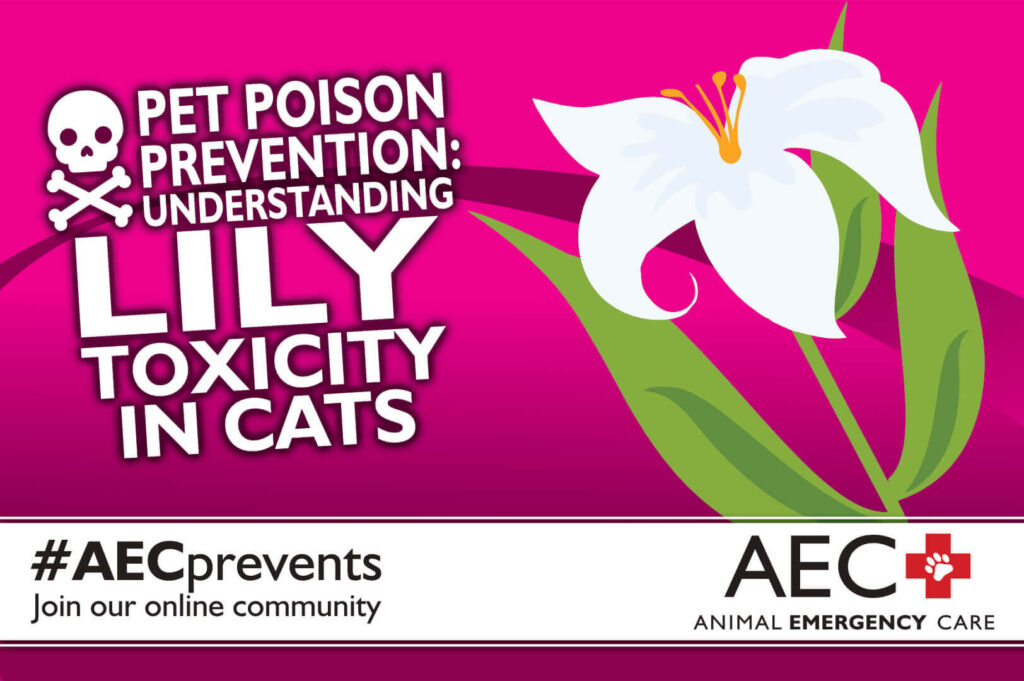
Springtime is almost here and many people and their pets will start spending more time outdoors as the weather slowly becomes warmer. Gardening is a popular and relaxing spring pastime with the fruits of your labor resulting in beautiful flowers that adorn coffee tables and dining rooms. However, many popular plants and flowers are toxic to pets, especially members of the lilium family. Cats in particular are sensitive to these flowers although others such as lily of the valley can be problematic for dogs and cats. Our Animal Emergency Care team wants to ensure you understand the dangers of lilies and what to do if your pet is poisoned.
Pet Poison Prevention: Understanding Xylitol Toxicity in Pets
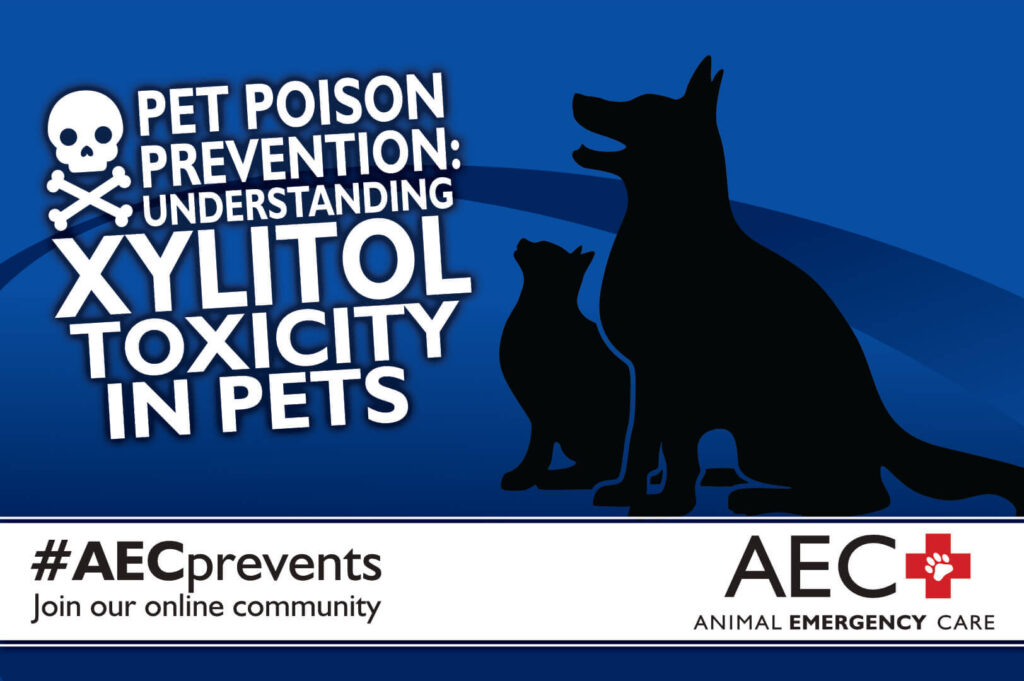
The popularity of low sugar and low carbohydrate human diets has led to many creative ways to make food and sweets palatable.Xylitol is a popular sugar substitute used in many foods, supplements, and dental hygiene products. The most common accidental exposures to xylitol include chewing gum, melatonin supplements, sugar-free baking additives, and some forms of peanut butter. It is also a very common component of supplement powders, chewable tablets, toothpastes, and lozenges. Xylitol is extremely dangerous and deadly if untreated. Our Animal Emergency Care team wants pet owners to understand the dangers of xylitol and what to do if your pet accidentally becomes poisoned.
Pet Poison Prevention: Understanding Rodenticide Toxicity in Pets
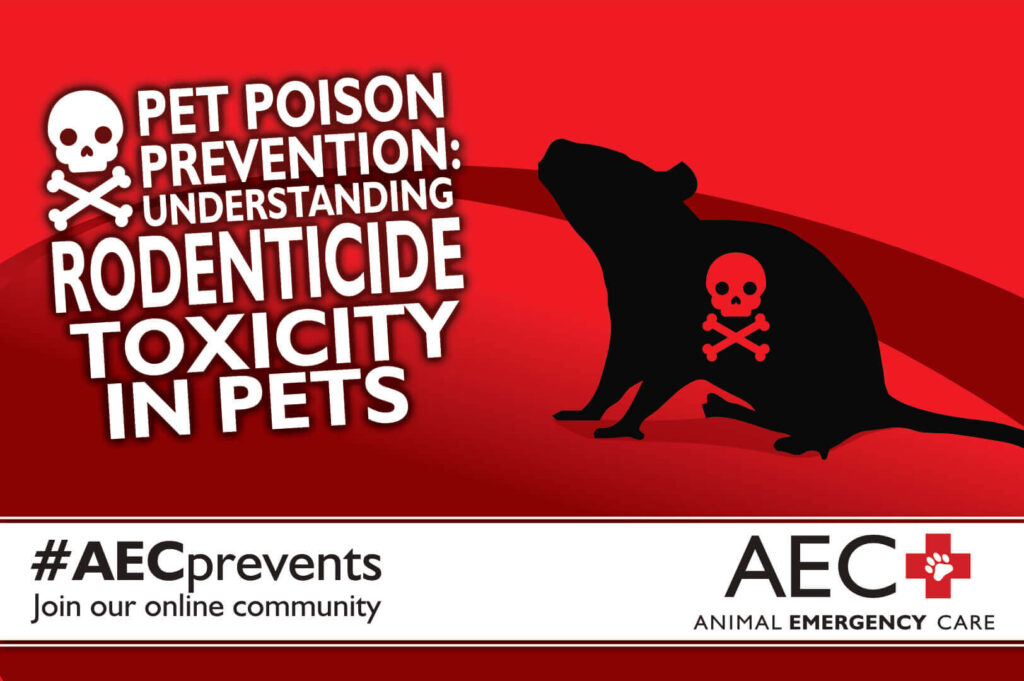
Rats and mice have a long-standing feud with their human counterparts, and they often cause irritation by building nests in homes or attics or eating plants and gardens. Many people take matters into their own hands by purchasing commercially available rat poison or rodenticide from their local grocery or hardware store. Rodenticide is appealing to rodents and unfortunately domestic pets are not immune from its dangers. Rodenticide ingestion is a common cause of pet emergencies and is fatal without immediate and aggressive treatment. Our Animal Emergency Care team wants to ensure your pets are safe from this potentially deadly poisoning.
Pet Poison Prevention: Understanding Marijuana Toxicity in Pets
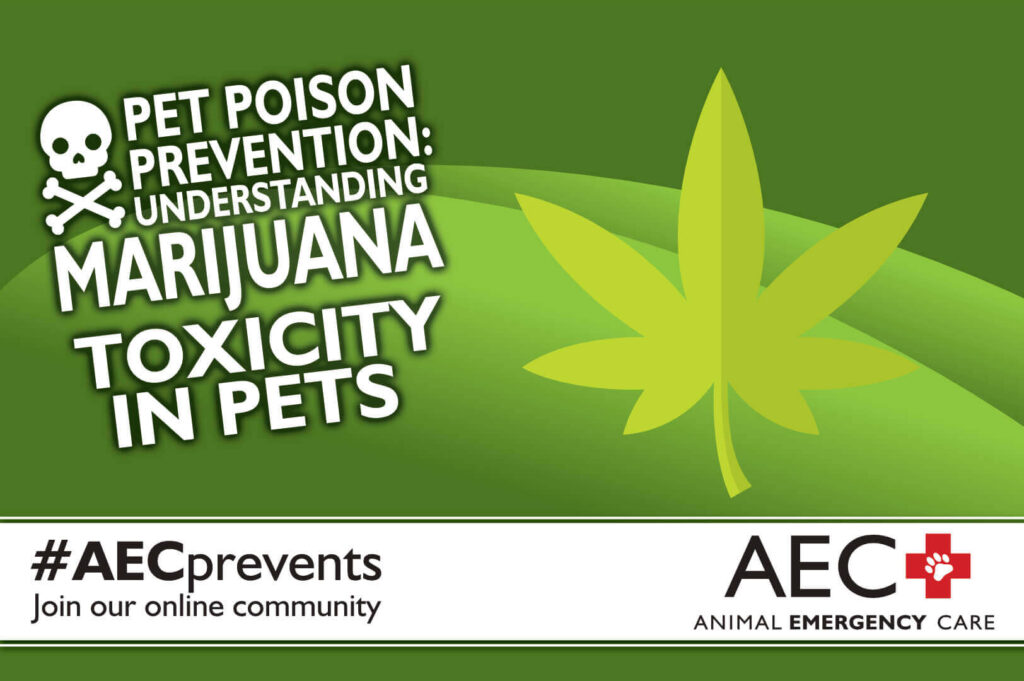
Many pet owners are familiar with the recreational drug marijuana which is also referred to as weed, pot, or reefer. Marijuana has become more widely legal across the United States over the past several years, and marijuana toxicity has become a more common problem in pets because of the drug’s increased availability and popularity. In fact, in 2019, the Pet Poison Helpline reported a 765% increase in calls related to pet marijuana ingestion from the previous year. Our Animal Emergency Care team wants you to recognize marijuana toxicity signs in your pet and to be prepared if your pet accidentally becomes poisoned.
Pet Sitter’s Guide to Veterinary Emergencies
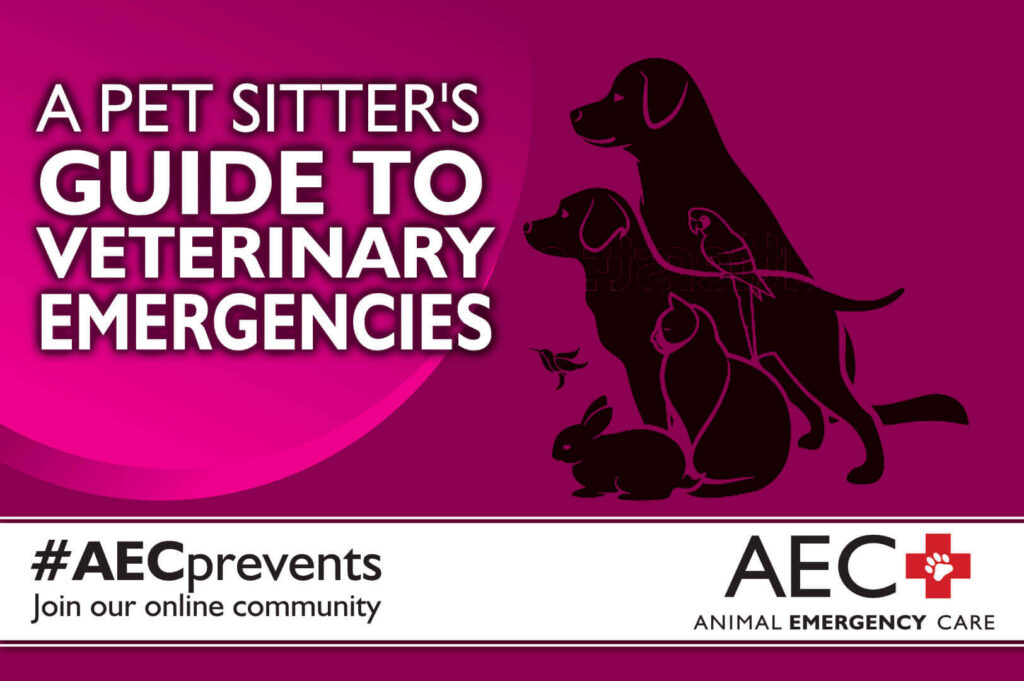
Most pets will experience a veterinary emergency in their lifetime. Pet accidents or emergencies can occur at any time, and a quick response will ensure a more positive outcome. Preparation and understanding when a pet needs emergency care is critical to ensure their best chance of recovery. Pet owners bestow a huge responsibility on pet sitters when entrusting them with the care of their pet family members, and pet sitters also must always be prepared for veterinary emergencies. Our Animal Emergency Care team has compiled a guide for pet sitters to ensure they are ready to respond if faced with a veterinary emergency.

